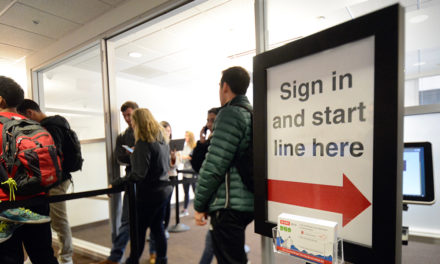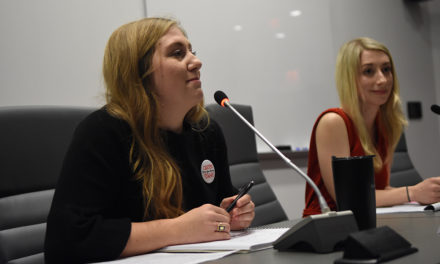Many students are returning to campus and have heard a lot of information concerning ways to prevent the spread and contagion of the Coronavirus (COVID-19). Sadly a lot of details that have been made available is inaccurate and has resulted in the spread of misinformation. Below Nubian has created a list of statements that many individuals believe to be facts but in actuality are myths.
MYTH: Hand sanitizer is just as effective as hand washing
Hand sanitizer is effective in times when an individual is unable to wash their hands with soap and water but it is certainly not the same. One thing that researchers can agree on is that handwashing with soap and water is definitely better. Proper handwashing can also prevent the spread of other viral illnesses such as cold and flu. This is especially important as flu season is approaching.
MYTH: People should wear masks while exercising
People should NOT wear masks when exercising as it restricts breathing and causes growth of microorganisms. When people sweat the mask absorbs the moisture and causes a more susceptible environment for bacteria build up. It is more effective to stay at least one meter away from other people while exercising.
Myth: Young people don’t get sick from a coronavirus infection.
As time has gone this myth has proven itself wrong as many young people without underlying conditions have been infected with coronavirus. While older adults and people with chronic health conditions are at higher risk, young people are not immune from the seriousness of COVID-19. Many young people have died and are still dying.
MYTH: Ingesting bleach or other disinfectants will protect you against COVID-19
This is extremely dangerous as it introduces poisonous substances into the body. When ingested, these substances can cause irritation and can seriously damage your skin and eyes. Bleach and other disinfectants should only be used to clean surfaces.
MYTH: Social distancing isn’t necessary if you’ve already been infected.
Social distancing is absolutely necessary even if you’ve already been infected. There have been numerous people who have re-contracted the disease after they had already recovered. There is still research being done to see if individuals who have previously contracted COVID-19 develop some type of immunity or antibody, but there has been insufficient evidence .
MYTH: Vaccines against pneumonia can protect against the COVID-19 virus
Vaccines against pneumonia do not protect against COVID-19. COVID-19 is a very new disease and there is currently not a vaccine for COVID-19. Scientists are currently working to develop an effective vaccine for COVID-19, but as of now there isn’t one.
MYTH: There’s no way you can have COVID and not have symptoms
There are many symptoms of COVID-19 that can be confused with symptoms of other illnesses and individuals can easily misdiagnose themselves. Many symptoms of COVID-19 are the same as the common cold and the flu. Some people never even develop symptoms but still have the virus and can spread it.
MYTH: You can kill Covid-19 with antibiotics
This is a very common misconception. You can not kill COVID-19 with antibiotics as it is a virus and antibiotics help stop infections caused by bacteria. Antibiotics attack the bacteria and inhibit its ability to reproduce which stops the bacteria from spreading but COVID-19 is not caused by bacteria so there is nothing to attack.
Nubian encourages everyone to do their own research and continue to educate themselves especially now that many students are going to be together again. There are many sources available online on how to protect yourself and others and the measure that all students should be taking. More and more knowledge is being discovered everyday about COVID-19 so it is very important to continuously educate yourself using trusted sources.





